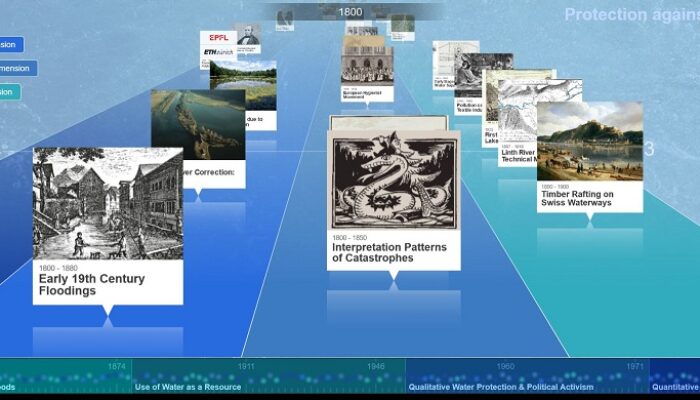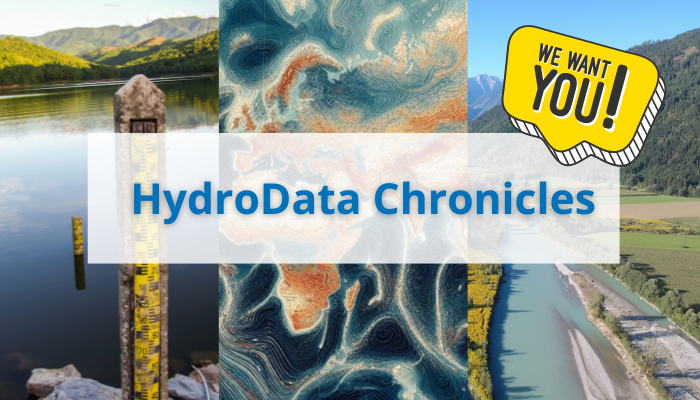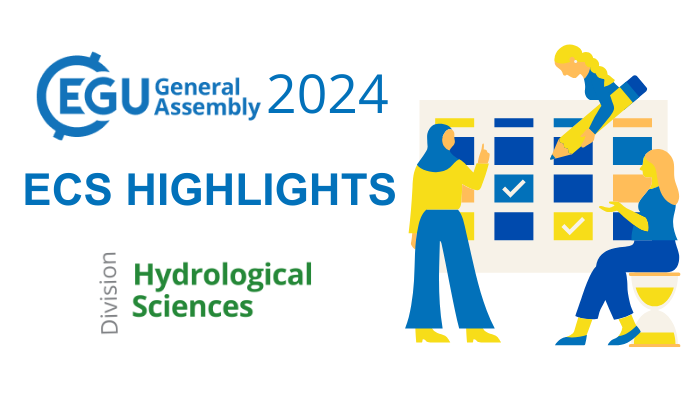How can we use and manage natural resources more sustainably? This question stands at the core of many social, political and scientific debates about how we can reach the United Nation’s Sustainable Development Goals (SDGs). The targets are ambitious, and there is a growing consensus that rapid and extensive structural change is needed in various sectors simultaneously. However, how transformation ...[Read More]
Call for Blog Contributions: The HydroData Chronicles
We’re thrilled to announce the launch of our newest blog series dedicated to exploring the fascinating world of hydrological datasets. Join us on this exciting journey as we uncover the hidden stories within hydrological data. By highlighting cutting-edge research, insightful analyses, and captivating data, we aim to shed light on the intricacies of hydrology and draw your attention to dat ...[Read More]
Experience Hydrology at EGU24 – HS Division Highlights
The EGU General Assembly 2024 will take place in a few days, on 14–19 April 2024, with more than 19,000 presentations (orals, posters, and PICOs) that will be delivered and viewed both on-site in Vienna (Austria Center Vienna) and virtually (through Zoom & Gather Town). Format news this year: There are two on-site poster sessions per-day. The posters will be set up at the assigned poster board ...[Read More]
Heads Up: Early Career Hydrologists Highlights at EGU 2024
The upcoming annual EGU General assembly in Vienna is a fantastic opportunity for early career scientists (ECS) to engage with the international hydrological community, present their work, and build their networks. But with the multitude of sessions, events, and lectures, it can be tricky to assemble your personal program – especially if it’s your first time attending EGU. We’ve got your ba ...[Read More]




